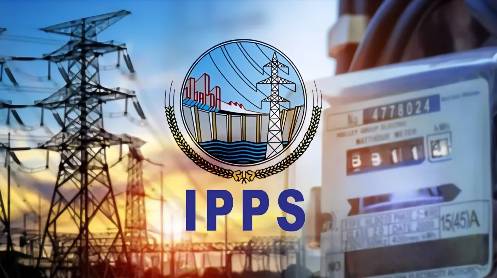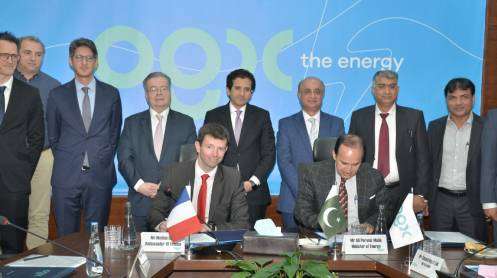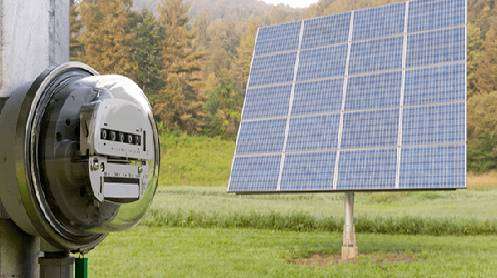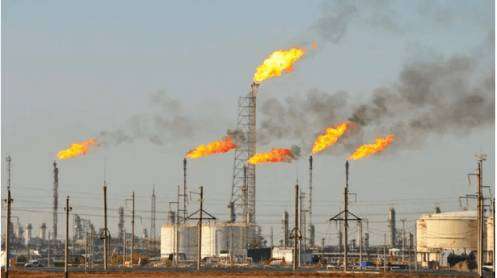ISLAMABAD: Industrial stakeholders have strongly refuted the government’s assertions of curbing circular debt and achieving tariff relief through revised agreements with independent power producers (IPPs) and the incremental consumption package. They stressed that the high cost of electricity continues to cripple industrial competitiveness and demanded further tariff reductions to revive production and exports.
After witnessing a temporary decline in the latter half of the previous fiscal year, capacity charges have once again surged. Power distribution companies (DISCOs) have sought the National Electric Power Regulatory Authority’s (Nepra) approval to recover Rs21.7 billion from consumers for the first quarter (July–September) of FY2025–26.
During FY2025, capacity payments had dropped by Rs47.1 billion and Rs53.7 billion in the third and fourth quarters respectively, following the termination of several power purchase agreements with IPPs. However, industry representatives said the relief was short-lived.
At a Nepra public hearing on Thursday, stakeholders also rejected the government’s claim that the Rs79 billion increase in circular debt during the first quarter of FY2025–26 was merely seasonal. They pointed out that the government had earlier claimed to have “eliminated circular debt” through bank settlements and by imposing a Rs3.23 per unit surcharge on consumers — yet the debt is once again mounting.
Industry representative Tanveer Bari said the hearing exposed the government’s misleading claims of reduced capacity charges, noting that they were still rising. He urged Nepra to reject any further tariff hikes under fuel cost adjustments.
Rehan Jawed, representing Karachi’s industrial sector, argued that although the government had introduced an incremental consumption package for agriculture and industry — setting a tariff of Rs22.90 per unit — it remains too high to be effective. “It should be reduced to Rs16 per unit to make any real impact,” he emphasized. Jawed also highlighted that industries bear a cross-subsidy burden of Rs160 billion to support other consumer categories, urging the government to finance subsidies directly from the federal budget instead.
A Nepra member (technical) remarked that circular debt would persist unless the government improved bill recoveries and reduced transmission and distribution losses. Another official clarified that Nepra had already accounted for a Rs180 billion reduction in capacity payments in the reference tariff, reflecting the impact of IPP deal revisions.
DISCOs have requested Nepra’s approval to recover Rs8.41 billion from consumers under the first quarterly adjustment for FY2025–26. The total capacity charge impact of Rs21.7 billion was partially offset by a negative adjustment of Rs13.29 billion, resulting from savings in operational costs, system charges, and lower transmission and distribution losses.
Among DISCOs, Lahore Electric Supply Company (Lesco) reported the highest positive capacity adjustment of Rs8.45 billion, followed by Multan Electric Power Company (Mepco) at Rs4.35 billion, Gujranwala Electric Power Company (Gepco) at Rs4.23 billion, and Faisalabad Electric Supply Company (Fesco) at Rs2.34 billion.
In contrast, Hyderabad Electric Supply Company (Hesco) posted the largest negative adjustment of Rs3.21 billion, while Peshawar Electric Supply Company (Pesco) and Tribal Electric Supply Company (Tesco) reported Rs120 million and Rs254 million negative adjustments respectively.
Industry leaders warned that without meaningful structural reforms and lower industrial tariffs, Pakistan’s circular debt crisis and declining competitiveness would continue to undermine economic recovery.
Story by Zafar Bhutta







